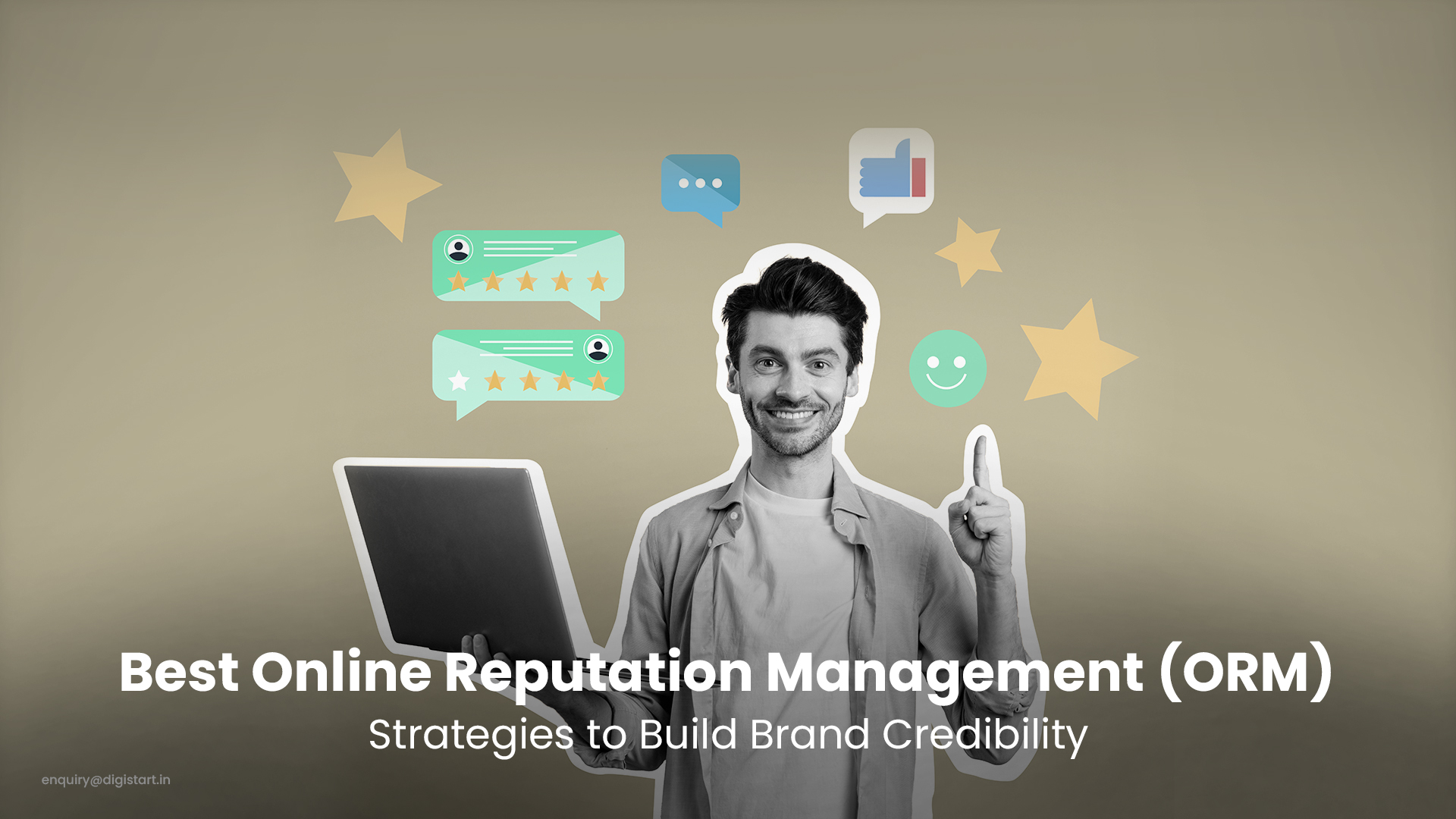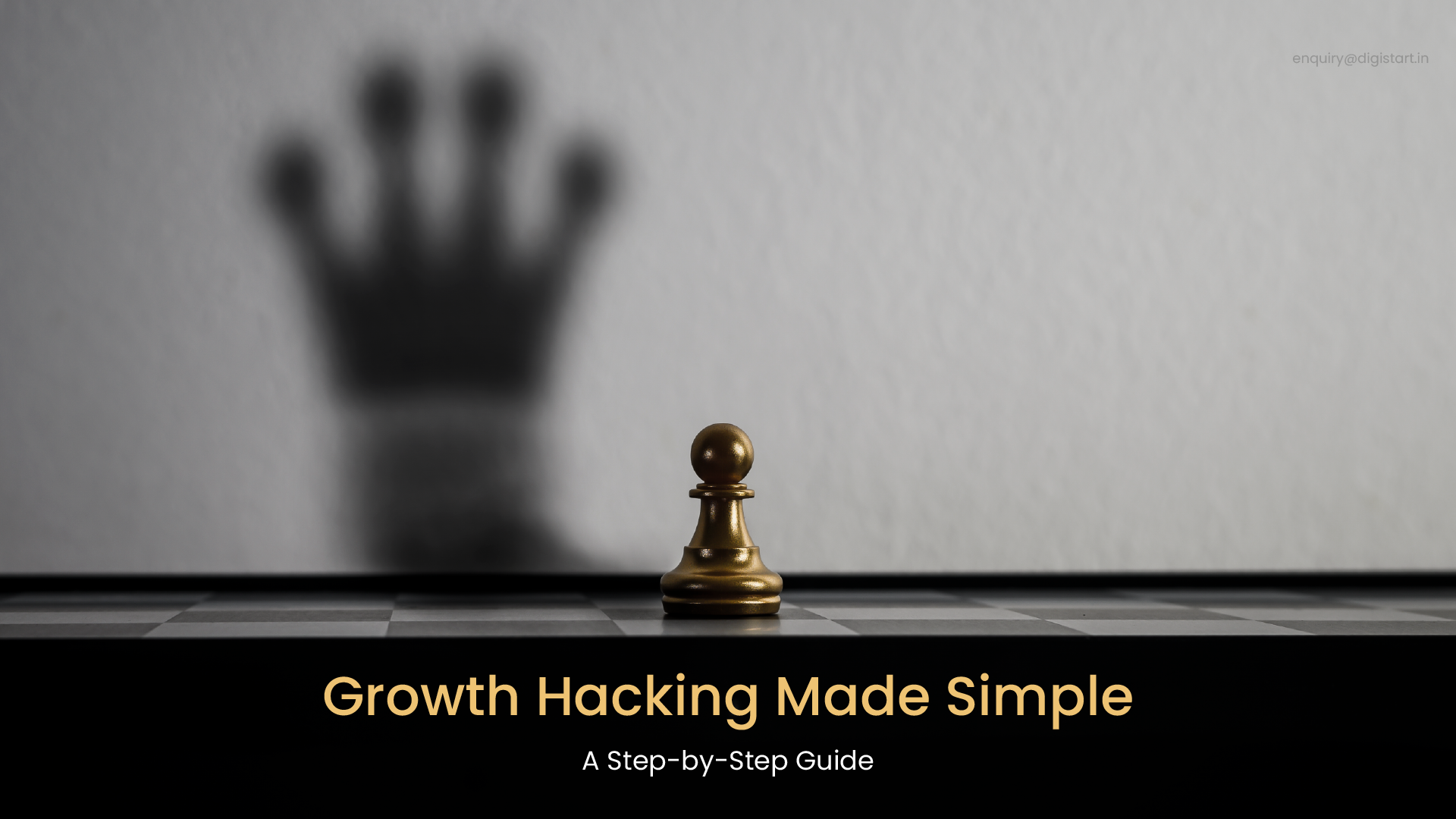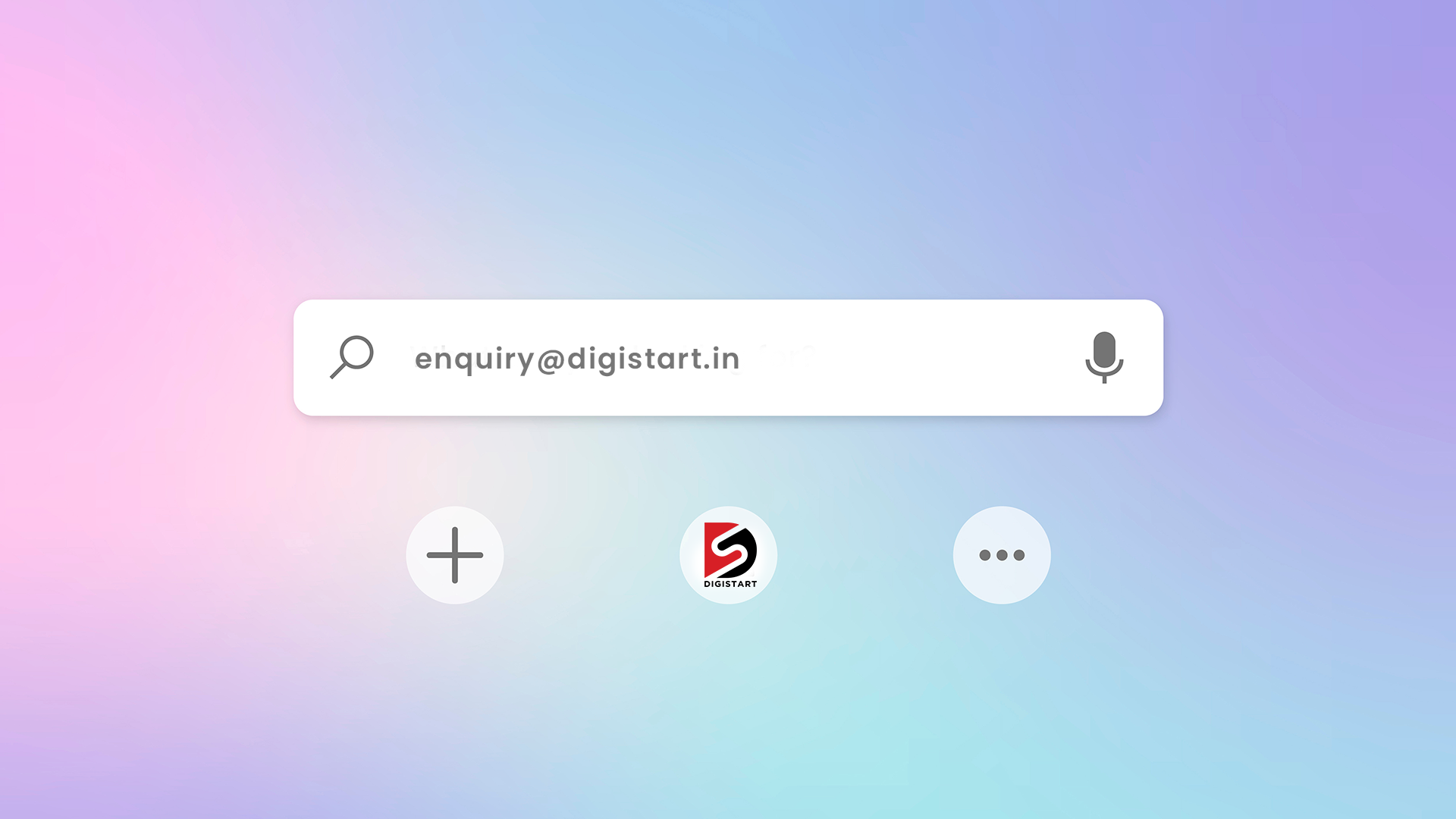 29 Aug 2023
29 Aug 2023
Have you settled on a keyword? Do you want your website to be on Google's first page for a specific search term?
Ranking for a keyword in organic search is a process that can be repeated. You won't always get the results you desire, especially if you're a new website attempting to rank for a big term, but if you take content marketing in Bangalore and SEO seriously, then here is the good news.
Here are the seven best ways to rank for a new keyword on Google’s first page.
Step 1: Prepare the foundation
This is more of a preliminary step than a first step. Before you can aspire to rank higher on Google for any random keyword, you'll need to have some fundamentals in place. These prerequisites are as follows:
A solid website - The longer your website has been around, the more authority and links it has accumulated. It's also critical that your entire site adheres to SEO best practices - if you're not sure what that means, start with Google's Webmaster Guidelines.
A network - It's very helpful to have a built-in network to share new information to rank rapidly for a keyword. It can be a blog that you can share on social networks, or send individually to email contacts you have.
Step 2: Keyword research
You may believe you know which keywords to target, but double-check your assumptions. Before you finalize your keyword choice, use different keyword tools to obtain a sense of the search volume and competition for the keyword.
Choosing a keyword with moderate volume - In general, you should avoid targeting a keyword with low relative search traffic if there is a considerably more popular equivalent keyword. However, you should not always choose the keyword with the highest volume or difficulty; some keywords are simply too competitive and not worth your time.
Choosing a keyword related to your domain - If a keyword is related to your site and business, you have a better chance of ranking for it. You're also more likely to see a meaningful return on your ranking - remember that rankings aren't really effective unless they drive relevant traffic and leads.
Step 3: Fulfill the search intent
The more detailed the keyword, the easier it is to determine the searcher's intent and serve up what those searchers are likely looking for. In search marketing, "intent" is our best estimate of what the person doing the search query truly wants.
According to Google's founders, the ideal search engine would return only one result. You want to be the one result that meets the searcher's needs so they don't return to the search results in search of a better response.
Step 5: Work on your content
Next, devise a strategy for creating content that will, hopefully, rank for your chosen term. There are numerous ways to rank for a keyword - an article, a blog post, a product page, or a video, for example. Concentrate on producing the greatest material possible.
Search engines are constantly on the lookout for high-quality material that benefits the searcher. They do not accept keyword-stuffed spam or pages full of advertisements that exclusively profit you.
Step 7: Keyword optimization
Rather than implementing optimization after the fact, optimize your content as it is being created. This is when the keyword list you created in step 2 comes in handy. Use keywords in your material as much as possible, but it should be done naturally.
Remember that there are many "invisible" areas for keywords, and I don't mean utilizing white text on a white backdrop or anything else that violates Google standards. I'm talking about things like image file names - visitors won't see these unless they're looking for them, but they can help your keyword rankings.
Step 6: Publish
It's time to distribute your content to the globe. You may need to be cautious about timing this step depending on the sort of content. This isn't normally a factor for evergreen content, but it could be for content that's related to something in the news, an event, or a trend. When introducing material relating to a new product or service, you may also need to cooperate with a digital marketing agency in Bangalore or other interested parties in your organization.
Step 7: Promote
This is a vital stage that should happen right after publishing; in fact, for large pieces of material, it's ideal if you can perform some media outreach before the item goes online. Make every effort to get your material in front of as many eyes as possible before it has a chance to rank for the keyword:
Use social sharing buttons or widgets on your website to encourage independent sharing - Make it simple for readers and viewers to continue the chain. If all they have to do is click a button, they are more inclined to tweet or share your post.
Digistart is the best digital marketing company in Bangalore that provides the complete package of of marketing and conversion services, including social media marketing services, content marketing, lead generation services, and ORM services in Bangalore.
















